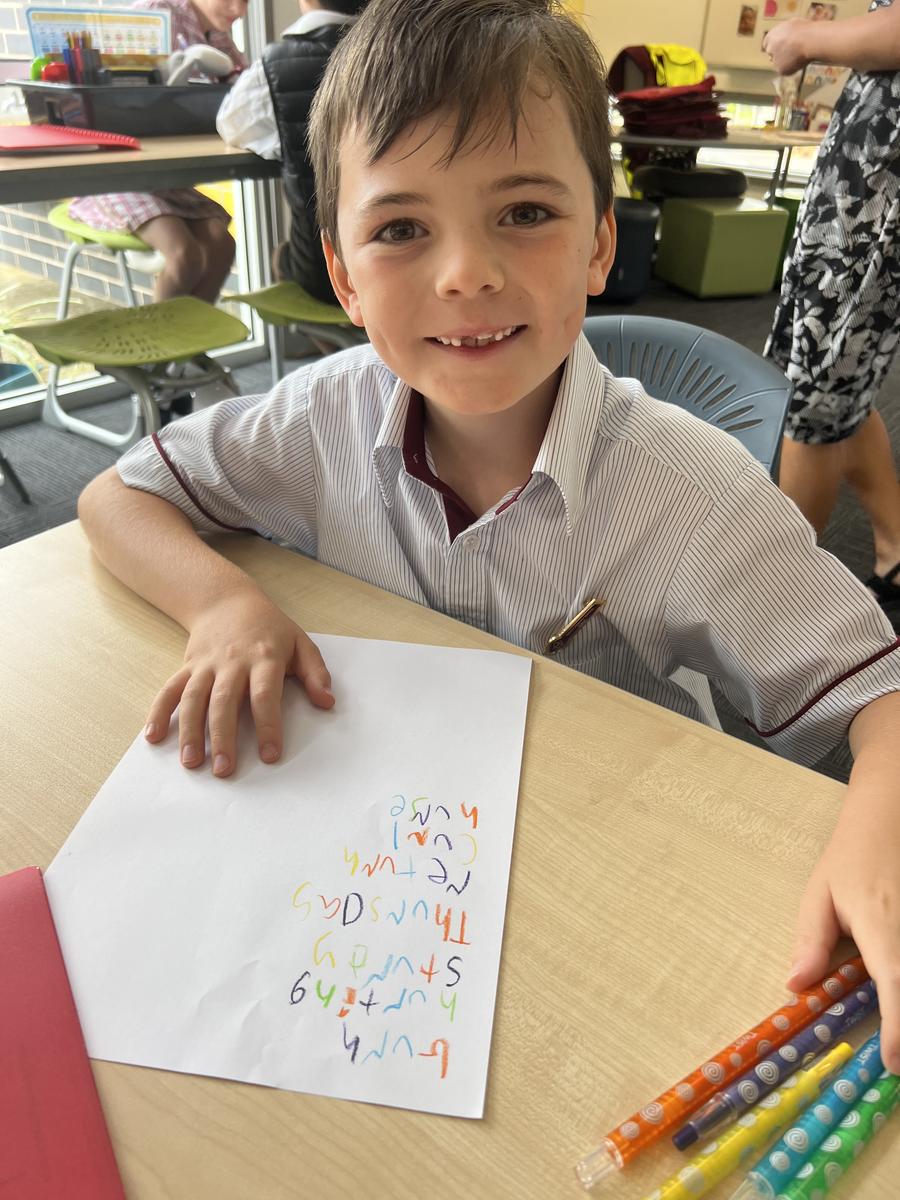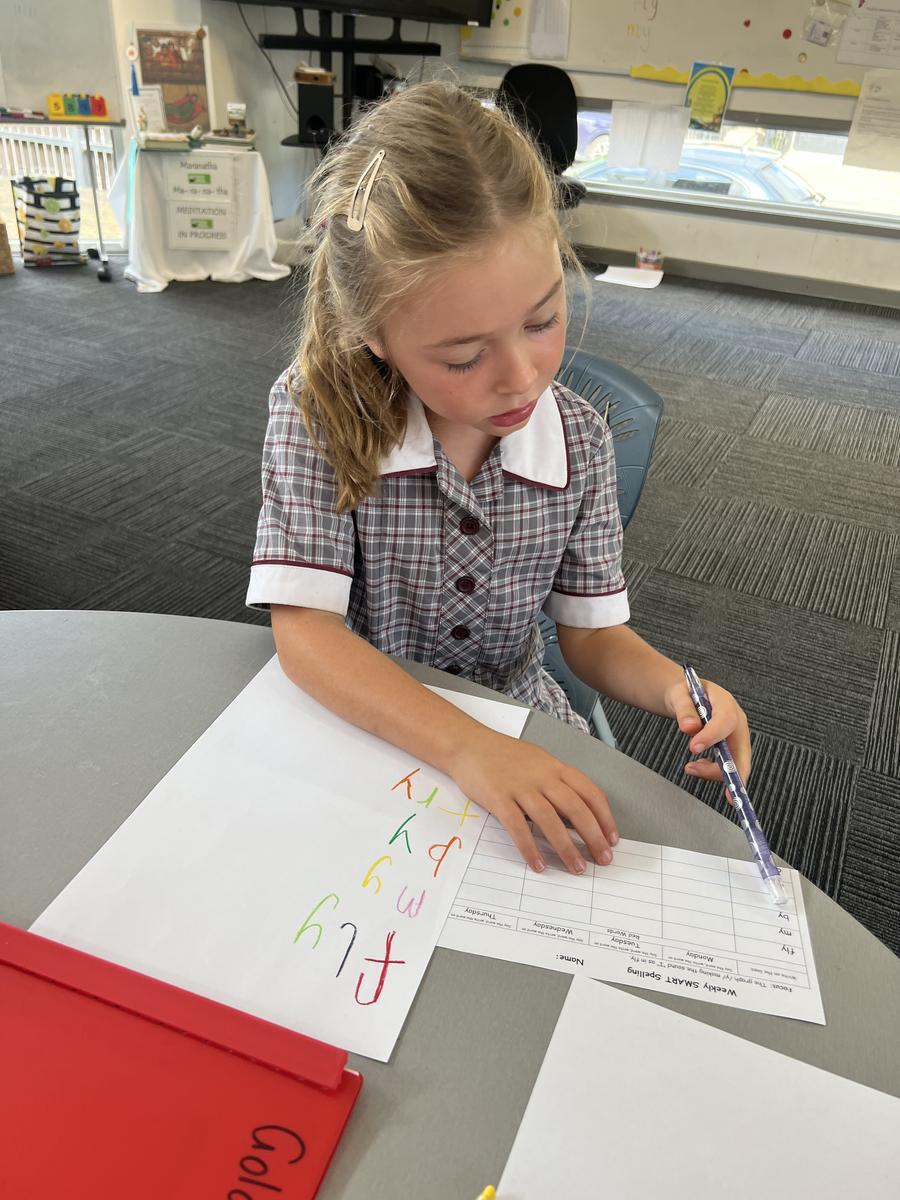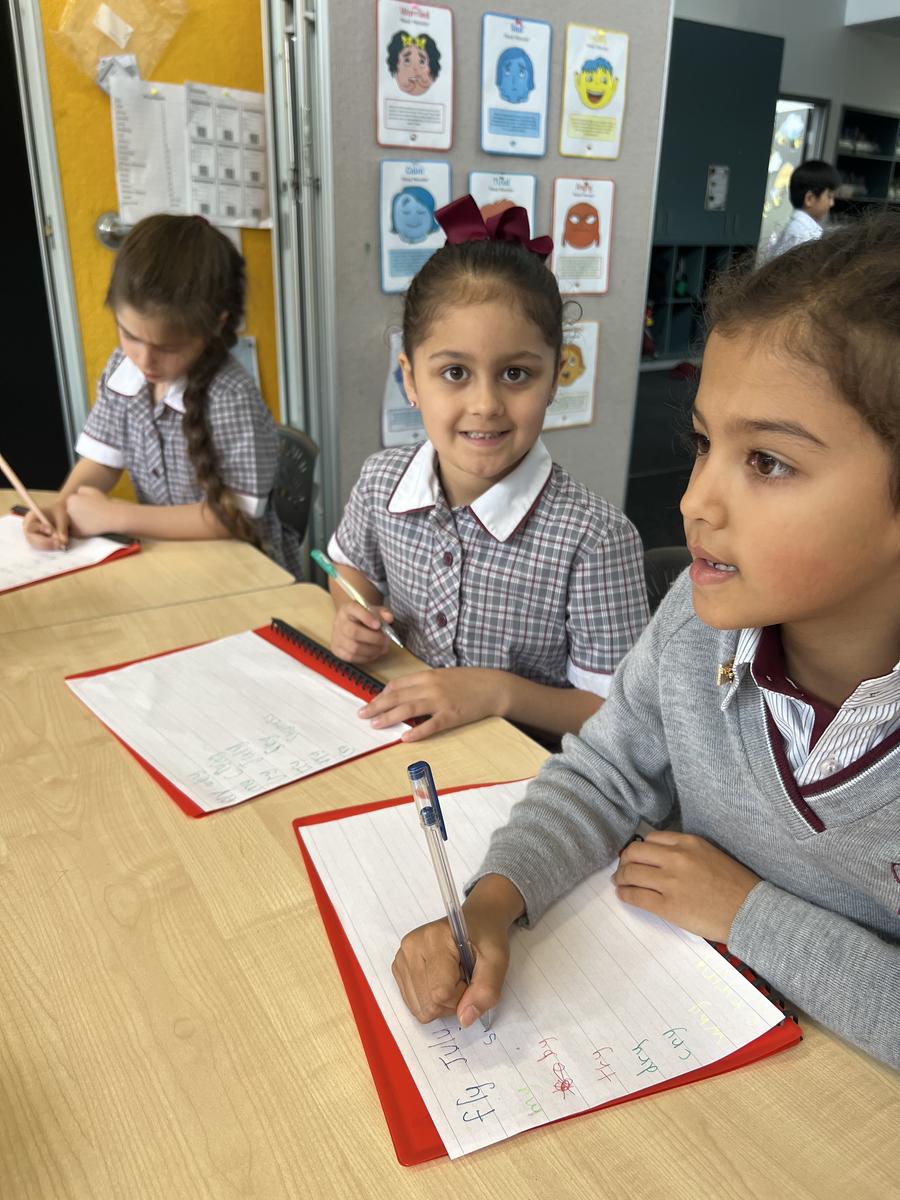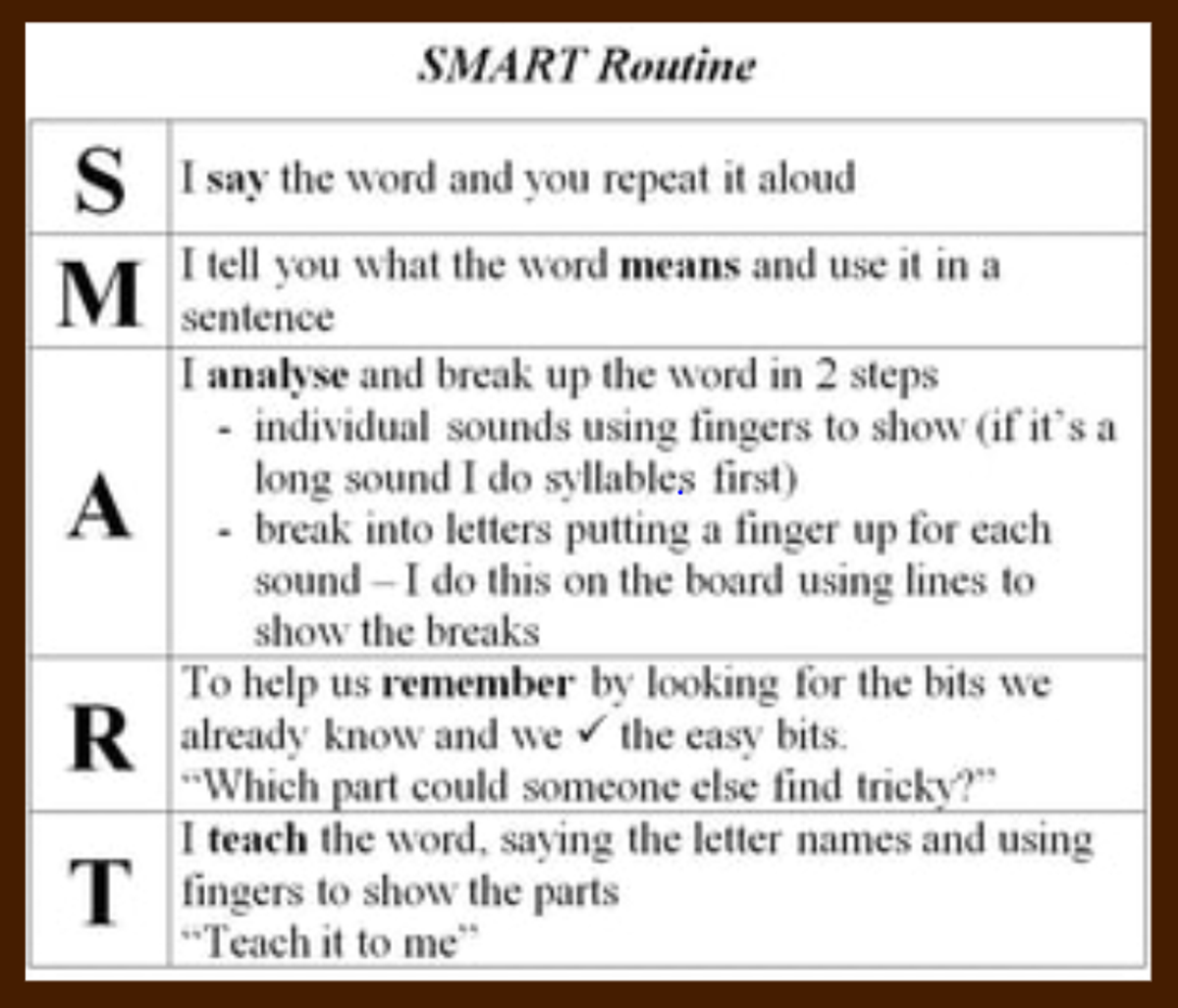Student Learning
Annabelle Marinelli - Deputy Principal & Learning and Teaching Leader

Student Learning
Annabelle Marinelli - Deputy Principal & Learning and Teaching Leader
Over the next two weeks, the students in Years 3 and 5 will have the opportunity to participate in NAPLAN. NAPLAN is a national literacy and numeracy assessment that students undertake annually. NAPLAN assesses the students essential skills in reading, writing, spelling, grammar and punctuation, and numeracy.
Students at Trinity are involved in many ongoing assessments which inform teachers as to what students know and what they need to learn next, and helps track student learning. NAPLAN is just one of many ways that students' learning and progress is assessed. NAPLAN allows parents and carers to see how their child is performing over time and against the national standards.
This year the NAPLAN tests will all be held online, except for the Year 3 writing test which is still a pen and paper test. One of the main benefits in moving to an online test is that the tests are 'adaptive' which means the questions can become increasingly more challenging, or easier, depending on the students responses during the test.
Students do not need to study for NAPLAN. We know that for some students NAPLAN can cause some anxiety, however we will do everything at school to reassure students that NAPLAN is just part of their school program. They will be encouraged just to do their best. At school students will be given the opportunity to access practice tests and we will spend time working through the kinds of questions, problems and writing tasks that they might experience.
For more information about NAPLAN please see the link below and feel free to chat with your child's teacher or myself if you have any questions or concerns.


The NAPLAN Test Schedule at Trinity:
Wednesday 15th March - Year 3 and Year 5 Writing Test
Monday 20th March - Year 3 and Year 5 Reading Test
Tuesday 21st March - Year 3 and Year 5 Conventions of Language (Spelling, Grammar and Punctuation) Test
Wednesday 22nd March - Year 3 and Year 5 Numeracy Test
At Trinity all students across the school are engaged in spelling actvities throughout the week. Spelling is a tricky process and requires explicit teaching. At Trinity we use an approach called SMART Spelling where students are explicitly taught how to spell words.
When we teach children to 'read' we encourage them to look at the words, and the letters that are in those words, and to say the sounds that those letters make, blending them together to read a word. When we teach children to 'write' or 'spell' words, it is much more complex. We need to say the word out loud, think about the sounds we hear, and picture the words and letters in our head, (or use an alphabet strip) and then write the letter that represents that sound. This is quite a difficult process so we need to help make this easy for our students.
Students learn about 'common words' such as 'and, the, she, because, when, I...' and so on, that they use in their everyday writing, as well as learning about sounds in words. We use language like 'graphs', 'digraphs', 'trigraphs' and 'split digraphs' to help children to spell. In every class, there will be a focus sound for the week. Students will be explicitly taught about a particular sound in words and they will engage in fun spelling activities across the week related to that sound. This learning is differentiated to meet the varying needs of students. For example, if the focus digraph is 'ay' some students may learn words like 'may, say, play, hay', while other students may learn the same digraph but in trickier words like 'everyday, holiday, yesterday, hairspray, freeway, dismay, birthday...' and so on.
Through SMART Spelling, children also learn about spelling rules, word meaning, antonyms, synonyms, syllables, prefixes, suffixes and etymology (word origin/history).
At the end of the week, children participate in a spelling test or revision activity, and a dictation sentence/paragraph which focusses on the digraph that has been learnt across the week.
You will also see the SMART Spelling as part of your child's Home Learning. We encourage you to chat with your child about the sound (graph, digraph, trigraph etc) that your child is learning for the week.














If at any time you have any questions or concerns about your child's learning, we encourage you to make a time to chat with your child's teacher, or to come and see me if you would like to chat about any aspect of learning at Trinity.
Kind Regards,
Annabelle Marinelli
Deputy Principal - Learning & Teaching Leader
amarinelli@tcs.catholic.edu.au
If at any time you have any questions or concerns about your child's learning, we encourage you to make an appointment to see your child's teacher. I am also available to chat with you at any time about the learning at Trinity.
Kind Regards,
Annabelle Marinelli
Deputy Principal - Learning & Teaching Leader